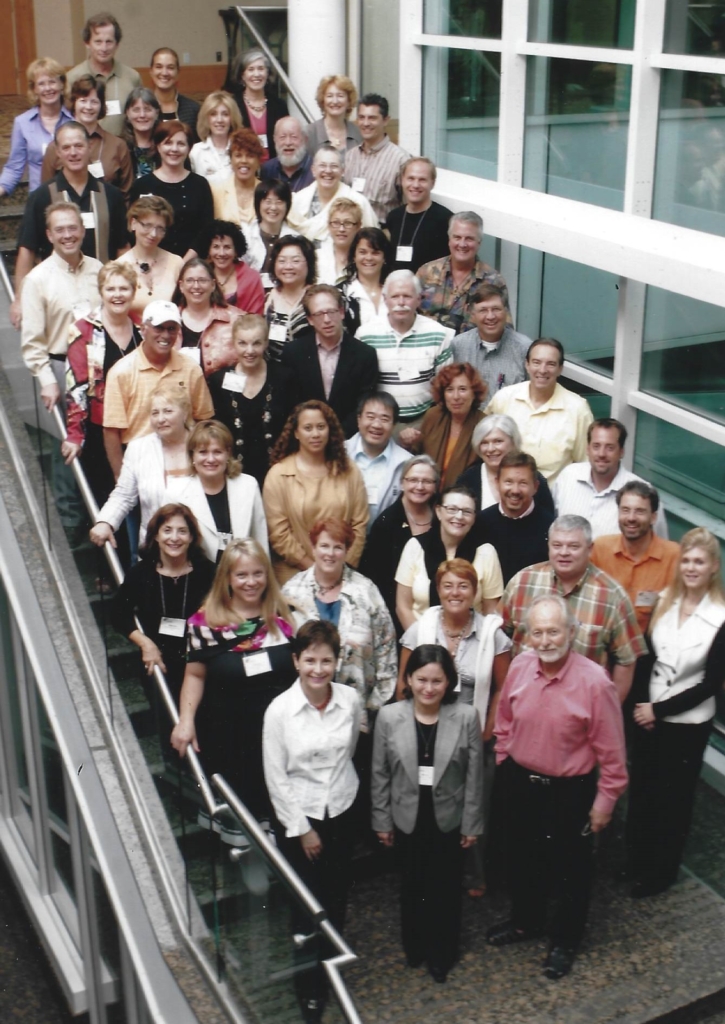
Natalie and John: A Narrative Perspective on the Future Hopes and Fears Facing Organizational Coaching
WELCOME TO A WORLD OF PROBLEMS AND MYSTERIES
At the heart of the matter is a particularly difficult dilemma in the field of professional coaching. This dilemma concerns the nature of the issues being addressed by coaches and their clients (see for example, Lazar & Bergquist, 2007). In some cases, a coaching client is addressing issues that might be described as organizational puzzles. These issues can be framed in a specific discipline (finances, personnel, marketing, etc.) and they usually operate in a domain over which a coaching client has control (internal locus of control). Accountability can readily be assigned. Success or failure can easily be assessed (metrics) in the resolution of a specific organizational puzzle. Natalie and John could certainly y frame some of the challenges being faced by John as puzzles. John could focus on setting up regular meetings with Kurt as a way to improve relationships or could set aside one weekend a month when he would do no work but would instead devote time to his family. Coaching about puzzles is usually a case of encouraging a client to do more or less of something they are already doing or of being more consistent in doing something that is already valued.
In other cases, the issues being addressed are organizational problems. Issues of this type are multi-dimensional and often require multidisciplinary perspectives. As noted by participants at an international conference (Evolving the Conversation: the Future of Coaching) sponsored by the International Coach Federation in 2006, the field of professional coaching will only gain a strong and sustained presence in our world if it tackles problems from many different disciplinary perspectives.
Participants in the ICF-Sponsored International Conference (Evolving the Conversation: A Summit on the Future of Coaching). August 10-12, 2006, held in Vancouver, British Columbia, Canada
- Posted by William Bergquist
- On January 1, 2022
- 0 Comment



Leave Reply